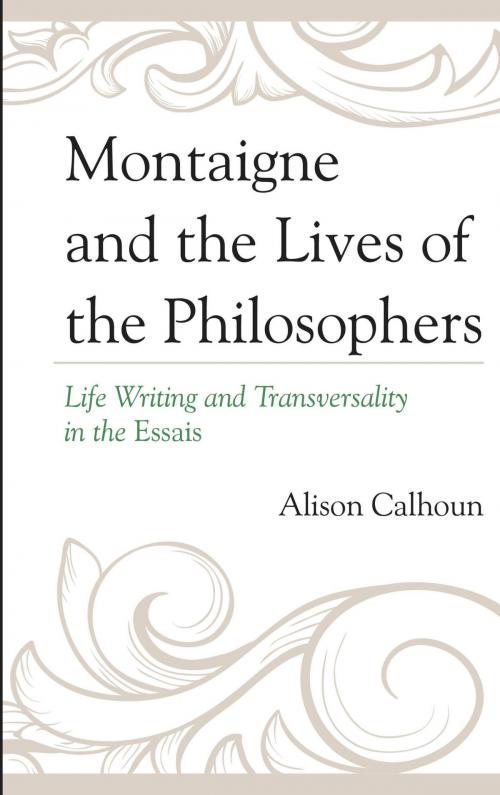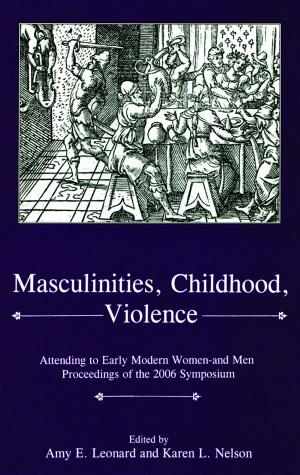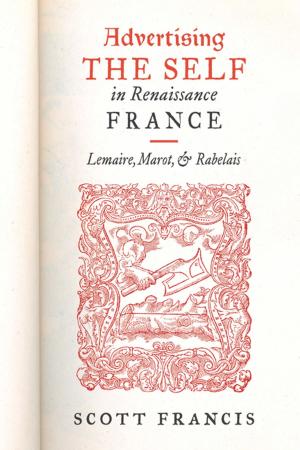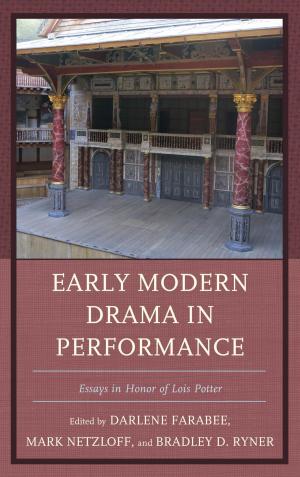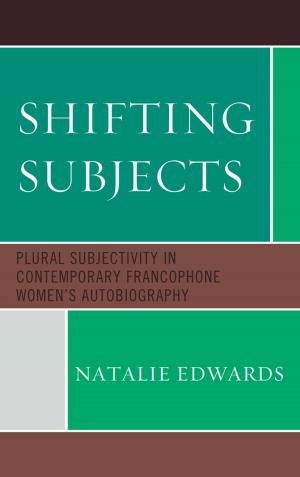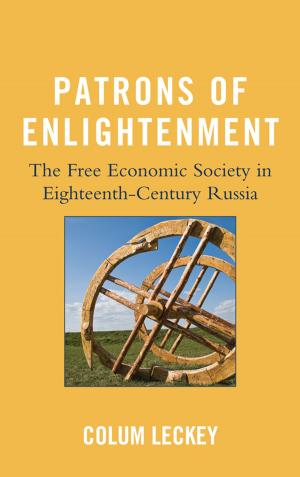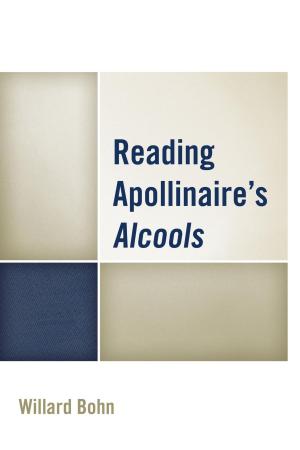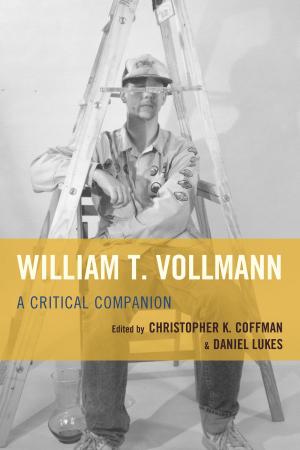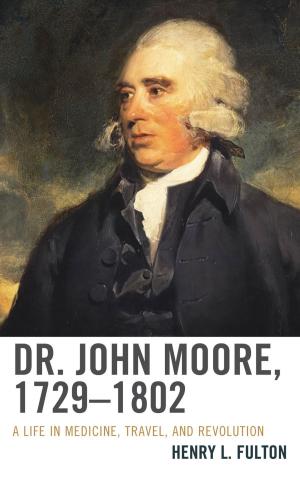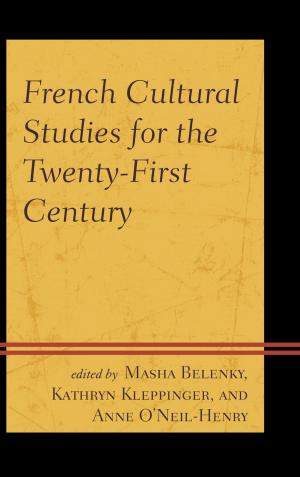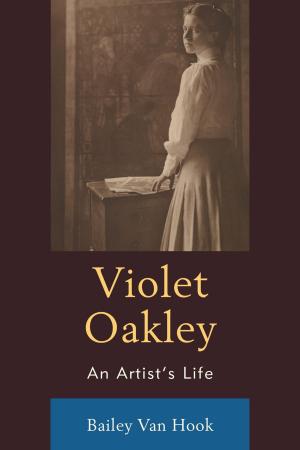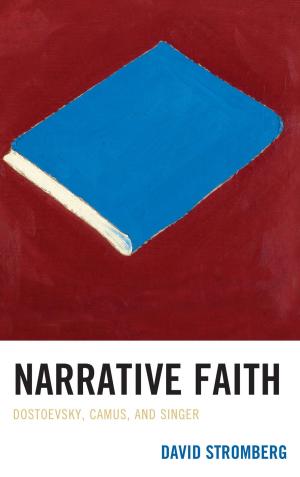Montaigne and the Lives of the Philosophers
Life Writing and Transversality in the Essais
Fiction & Literature, Literary Theory & Criticism, French, Biography & Memoir, Philosophers| Author: | Alison Calhoun | ISBN: | 9781611494808 |
| Publisher: | University of Delaware Press | Publication: | December 18, 2014 |
| Imprint: | University of Delaware Press | Language: | English |
| Author: | Alison Calhoun |
| ISBN: | 9781611494808 |
| Publisher: | University of Delaware Press |
| Publication: | December 18, 2014 |
| Imprint: | University of Delaware Press |
| Language: | English |
In his Essais, Montaigne stresses that his theoretical interest in philosophy goes hand in hand with its practicality. In fact, he makes it clear that there is little reason to live our lives according to doctrine without proof that others have successfully done so. Understanding Montaigne’s philosophical thought, therefore, means not only studying the philosophies of the great thinkers, but also the characters and ways of life of the philosophers themselves. The focus of Montaigne and the Lives of the Philosophers: Life Writing and Transversality in the Essais is how Montaigne assembled the lives of the philosophers on the pages of his Essais in order to grapple with two fundamental aims of his project: first, to transform the teaching of moral philosophy, and next, to experiment with a transverse construction of his self. Both of these objectives grew out of a dialogue with the structure and content in the life writing of Plutarch and Diogenes Laertius, authors whose books were bestsellers during the essayist’s lifetime.
In his Essais, Montaigne stresses that his theoretical interest in philosophy goes hand in hand with its practicality. In fact, he makes it clear that there is little reason to live our lives according to doctrine without proof that others have successfully done so. Understanding Montaigne’s philosophical thought, therefore, means not only studying the philosophies of the great thinkers, but also the characters and ways of life of the philosophers themselves. The focus of Montaigne and the Lives of the Philosophers: Life Writing and Transversality in the Essais is how Montaigne assembled the lives of the philosophers on the pages of his Essais in order to grapple with two fundamental aims of his project: first, to transform the teaching of moral philosophy, and next, to experiment with a transverse construction of his self. Both of these objectives grew out of a dialogue with the structure and content in the life writing of Plutarch and Diogenes Laertius, authors whose books were bestsellers during the essayist’s lifetime.
